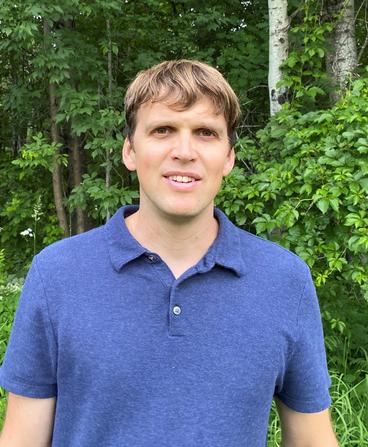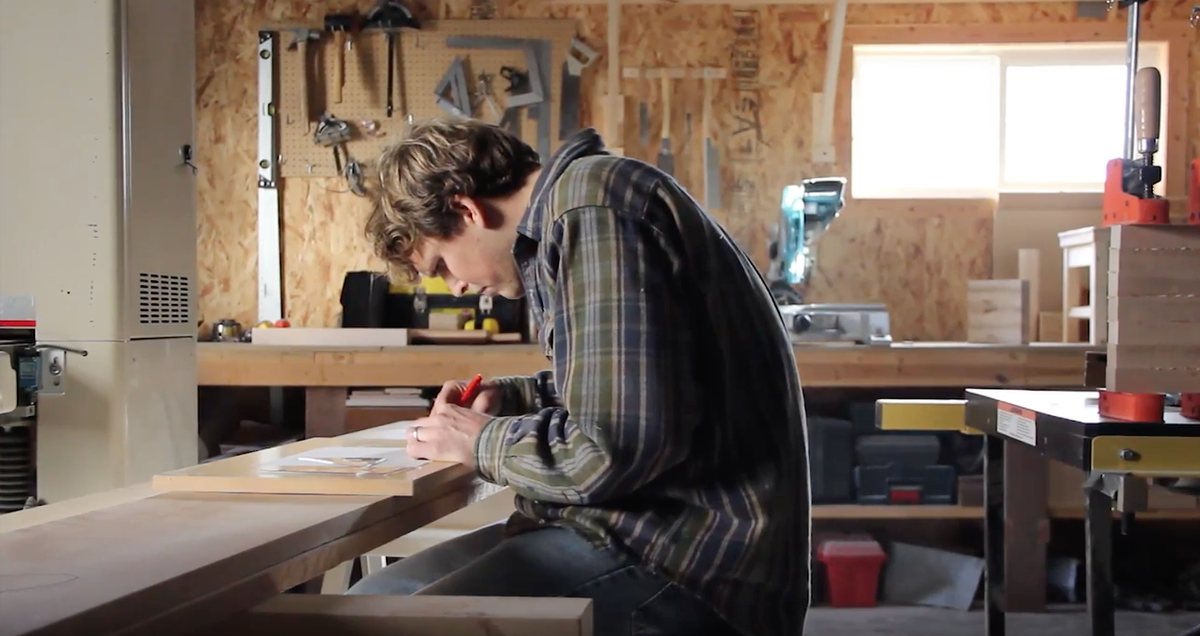Are you ready for the year 2100? NRRI Scientist Will Bartsch can help.
If, that is, you’re making long-term forest management decisions that could impact timber harvest, wildlife habitat, water quality, water quantity and carbon sequestration across several large watersheds in northeastern Minnesota.
But even if you don’t make those decisions, we’re all impacted by them.
“We have several groups with expertise in each of those areas who make models that predict what the landscape will look like, out to 2100,” Bartsch explained. “At the same time, we’re developing an online tool to make that information readily available, allowing foresters and land managers to better consider how their management and harvest decisions can impact different components of the forest ecosystem.”
The Forest Optimization Tool is one example of how Bartsch works to improve the accessibility of high-quality data about Minnesota’s natural resources. But he doesn’t do it alone.

“I work broadly across the different research platforms at NRRI – water, minerals, forest and materials – regularly engaging with experts in a variety of disciplines,” he said. “It’s one of my favorite things about my job.”
Bartsch started at NRRI as a graduate student in 2010, fascinated by the work to understand the ecology and water quality of the St. Louis River estuary. Upon graduation from UMD in 2012 he worked at the Environmental Protection Agency, researching the Great Lakes.
Mapping Minnesota
But he came back to NRRI in 2016 to work on the Minnesota Natural Resource Atlas -- something he’s especially proud of – recently launching version 2.0. It provides easy and free state-wide access to more than 400 layers of data in 10 categories: agriculture, biota, boundaries, climate, environment, geology/topography, imagery/land cover, infrastructure, society/economy and water.
To ensure that these large, broadly encompassing projects incorporate the best data available, Bartsch draws on his expertise in water resources and data, particularly spatial data, when reaching out to experts throughout the University system. He also engages in discussions with people who manage Minnesota’s resources, especially at the local level, about what types of data they need to do their jobs more effectively.
NRRI support
And aside from the multi-disciplinary research expertise at NRRI, Bartsch appreciates the guidance from Human Resources and Executive Office Assistant, Jane Dzuck, to keep his team robust.
“Hiring is a complex process and Jane makes sure that I have the information I need to do it well,” said Bartsch. “When I have questions about HR issues, budget and administrative details, I start my search with Jane because of her broad knowledge.”
Pandemic transitions
The COVID pandemic revealed to Bartsch just how important in-person interactions are – both professional and personal – to building and maintaining relationships. And while he appreciates that video calls have been important to keep projects moving along while working remotely, he finds it’s easier to understand how people really feel about a topic or idea when meeting face-to-face.
“I'm looking forward to both work and social engagements to transition from online to in-person,” said Bartsch. “We’ve all gotten better at Zoom calls, but at least for me, in-person meetings are better.”
